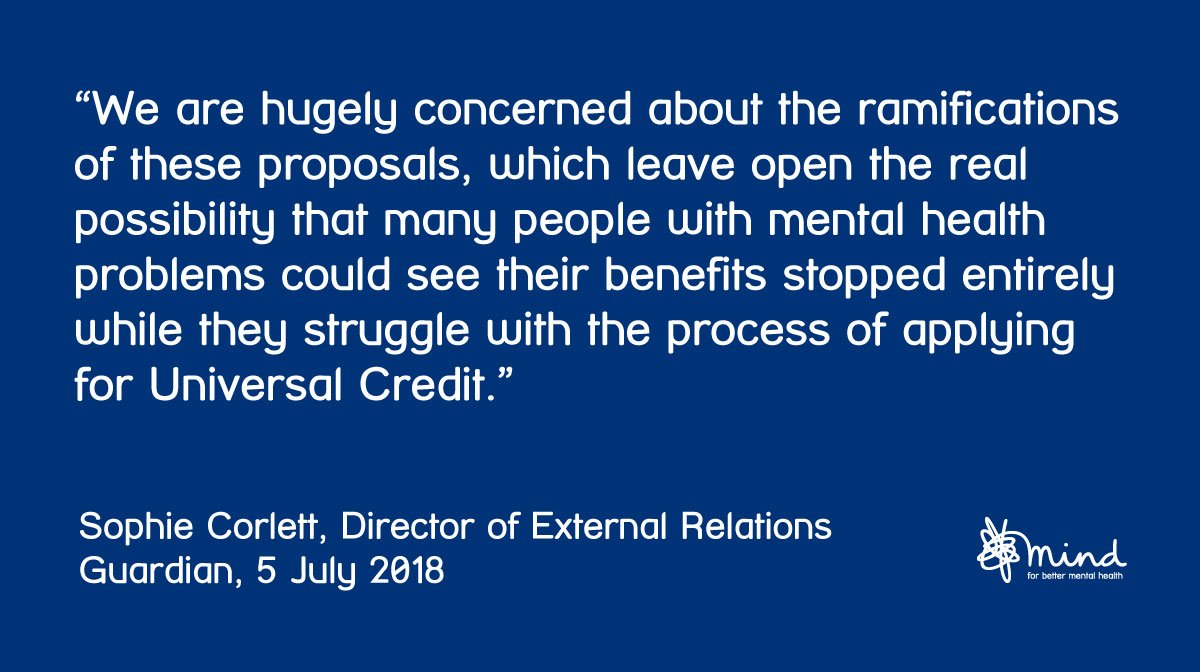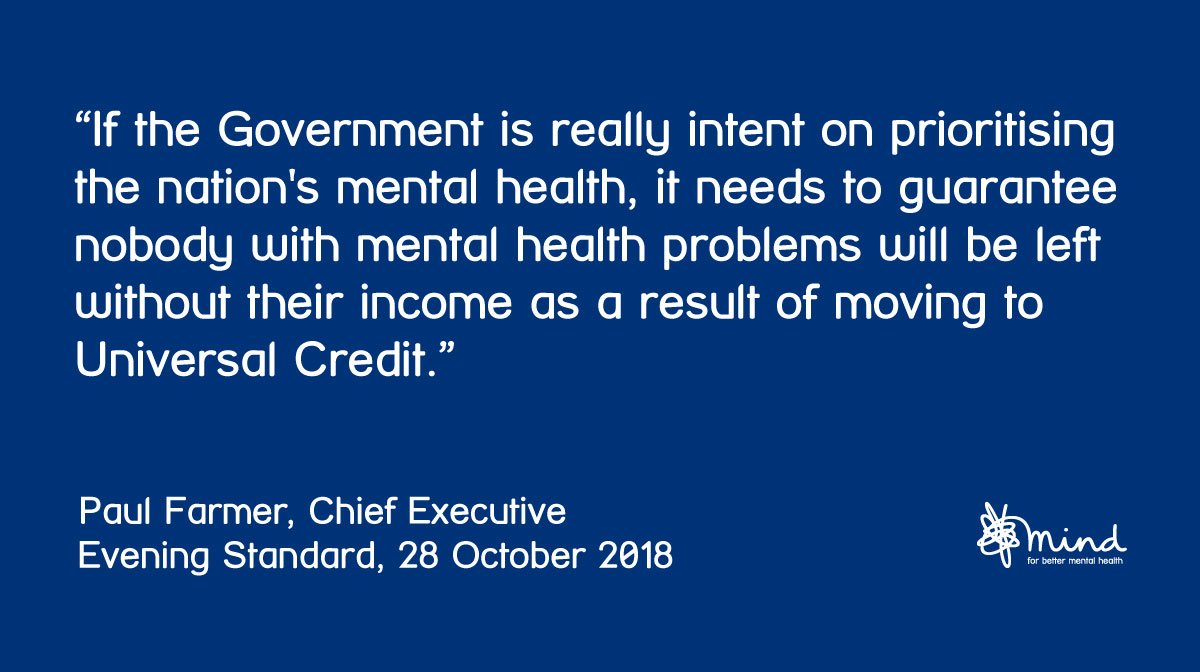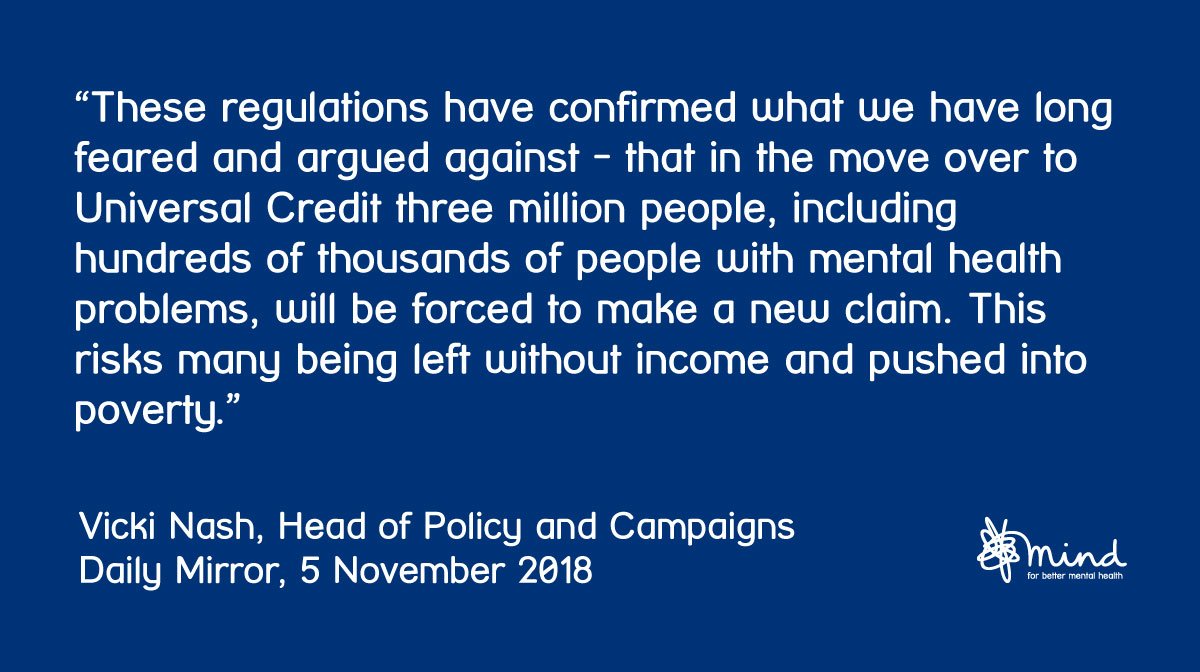Dear Tom
Reference CAS-5182836-DCZY8T
Thank you for contacting us. We appreciate that you were dissatisfied with
our previous response and felt strongly enough to write to us again.
- We treat Brexit like any other news item - the same rigorous guidelines on due impartiality apply to it as to all topics we report on. They are available here: https://www.bbc.co.uk/editorialguidelines/guidelines/impartiality
- We don't routinely provide this information as part of our complaints process. However, we have made your specific request known to our FOI team who will respond directly to you in due course.
- Each programme team put great care into the planning and execution of each episode. Great effort goes into bids for interviews and contributors to ensure a breadth of opinion, taking into account recent guests, their views and arranged guests confirmed for subsequent appearance. When a particular item, like Brexit, is regularly covered, a reasonable period of time is used for including the full spectrum of opinions. That will differ for each programme depending on whether it's a daily or weekly slot, rolling news and hourly radio bulletins will achieve the same over a series of hours as the conversation unfolds in real time.
It's not true to say we overlook the Remain argument on the Today programme. Just looking at recent editions alone, it's featured a range of voices about the wider Brexit debate - including Carolyne Fairbairn (CBI), Anna Soubry, Shami Chakrabarti, ex-European Council President Herman Van Rompuy, Ken Clarke, Jo Johnson, Rebecca Long-Bailey, Tony Blair, David Lidington, Justine Greening, Nicky Morgan, and Chuka Umunna.
We have read and noted your points but don’t consider they suggest evidence of a possible breach of standards. Opinions do vary widely about the BBC and its output, but this does not necessarily imply there has been a breach of standards or of the BBC’s public service obligations. For this reason we regret we don’t have more to add to our previous correspondence, and so will not respond further or address more questions or points.
If you are dissatisfied with this decision you may ask the BBC’s Executive Complaints Unit (ECU) to review it. Details of the BBC complaints process are available at
http://www.bbc.co.uk/complaints/handle-complaint/ where you can read the BBC’s full complaints framework.
If you wish to ask
the ECU to review this decision, you should contact it directly within 20 working days of receiving this reply. Please explain to the ECU why you believe there may have been a potential breach of standards or other significant issue to investigate. You can email
ecu@bbc.co.uk, or write to: Executive Complaints Unit, BBC, Broadcast Centre, London W12 7TQ. Please include the case reference number we have provided in this reply.
If you have a disability which means you cannot write to the ECU and may need the BBC to provide a reasonable adjustment to access stage 2, you can telephone the ECU on 0303 0806145.
Thank you again for contacting us.
Kind regards
Donal Rainey
BBC Complaints Team
www.bbc.co.uk/complaints
I do not believe that the response (included
below) provided adequately deals with the complaint as it does not address the
points that I raised. I would have preferred to await the results of the
Freedom of Information request that I made before submitting this response, but
as you have only given me 20 days to respond, and I cannot guarantee that I
would have the time to understand the response to the Freedom of Information
request whenever I receive it and be able to respond within your time limit. I may therefore need to add to this once I receive
that response.
My complaint in short is that the BBC shows
severe bias in its Brexit interviews by
- Giving undue weight to “hard Brexiters”.
- Giving undue prominence to Conservative party
members.
It is rare for a discussion not to include “hard
Brexiters”, but may omit Remainers, and it is common for all, or at least a significant
majority of the people being interviewed to be Conservatives.
The response only provided anecdotal
information, which does not go to the core of the problem (the plural of anecdote
is NOT data), and does not help to dispel the view that there is bias. Indeed, the failure to provide any sort of
numerical data (despite the request) strongly suggests that the BBC is trying
to hide something.
“Impartiality
does not necessarily require the range of perspectives or opinions to be
covered in equal proportions either across our output as a whole, or within a
single programme, web page or item. Instead, we should seek to achieve
'due weight'. For example, minority views should not necessarily be given
equal weight to the prevailing consensus.
“Nevertheless,
the omission of an important perspective, in a particular context, may
jeopardise perceptions of the BBC's impartiality. Decisions over whether
to include or omit perspectives should be reasonable and carefully reached,
with consistently applied editorial judgement across an appropriate range of
output.”
|
Fieldwork End Date / Pollster
|
Remaining in the EU
|
The government's Brexit agreement
|
Leave the EU without a deal
|
Don't know
|
|
15 November 2018 / Survation
|
43%
|
16%
|
28%
|
13%
|
|
15 November 2018 / Opinium
|
32%
|
21%
|
24%
|
23%
|
A hard Brexit is clearly only supported by a minority
(a minority that is probably increased by the frequency with which the BBC
pushes the idea) but is perpetually offered as though it is the main alternative
to accepting the negotiated deal. It is
rare to hear a discussion of Brexit on the BBC without the no deal Brexit option
being offered, while frequently we do not hear from a remain spokesperson
(despite this being a much more commonly supported idea).
You also omit many perspectives. You never, or almost never, cover the idea of
greater integration with the EU than we currently have, though this is a
legitimate idea and part of the perspective and part of the debate that we need
to be having, and which you have a duty to cover.
I would therefore like to have the data I
have requested, and to know what action you are taking to ensure that you end
the bias in your coverage of Brexit.
Tom.
Tom Franklin


